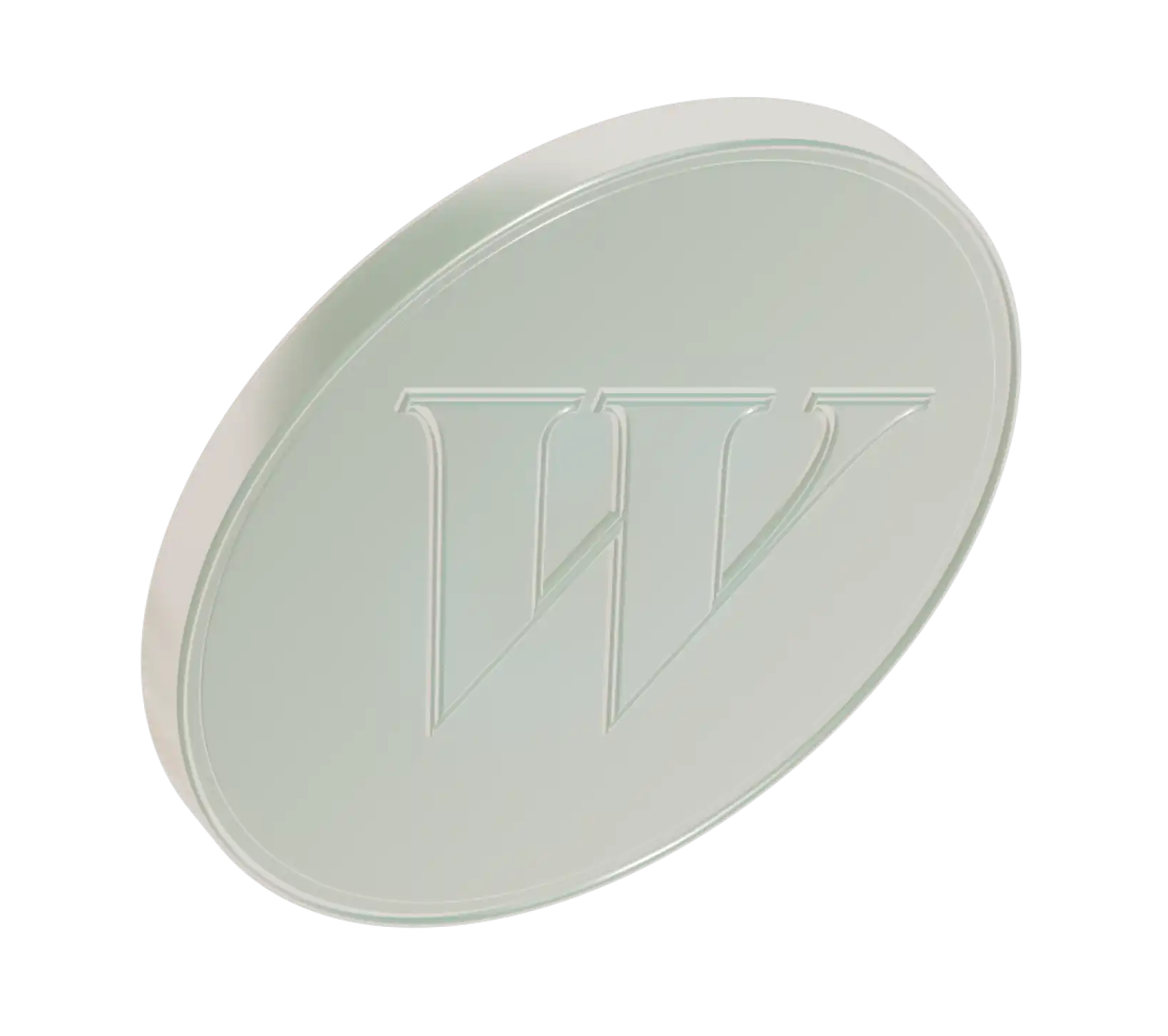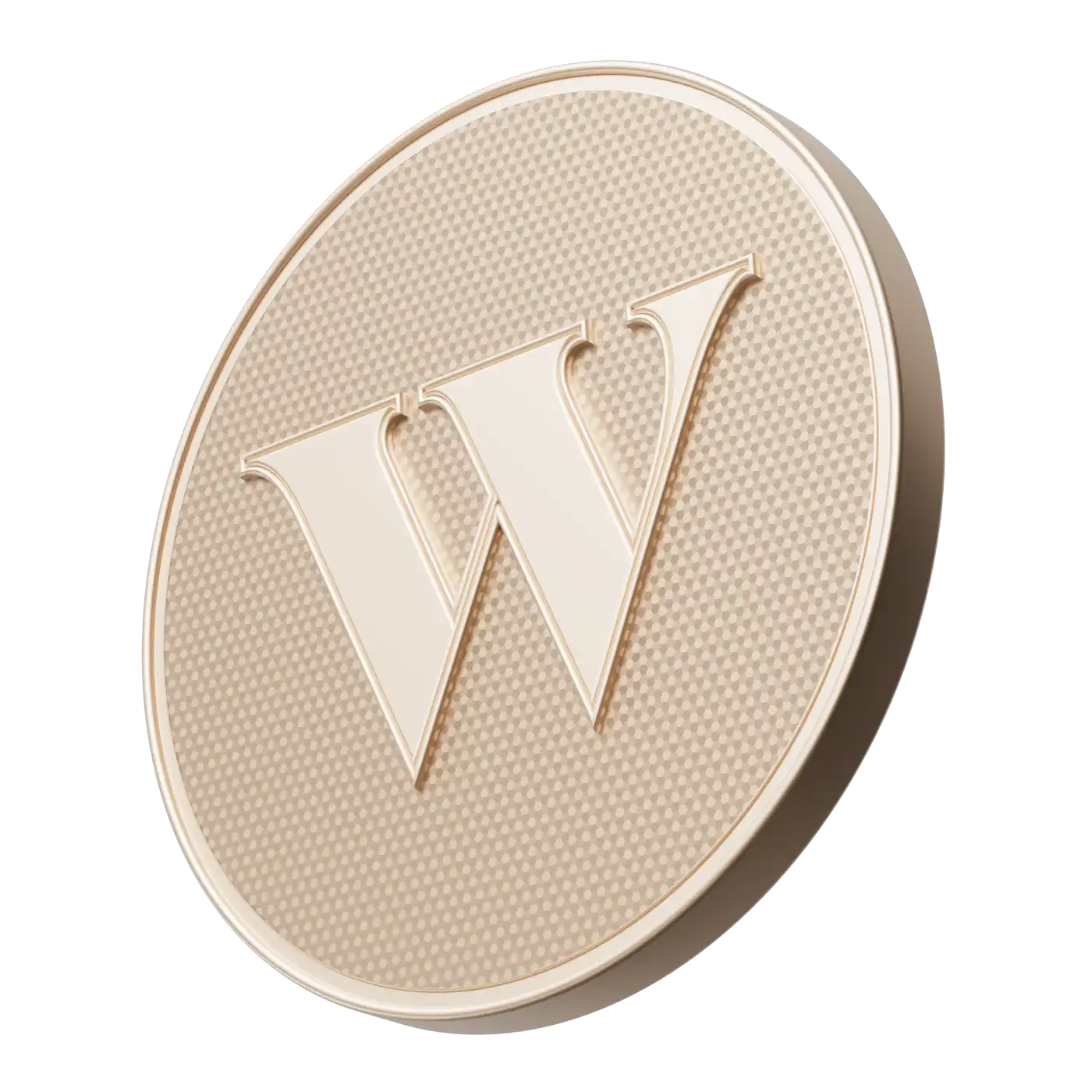Interest rate is a term that you’ll hear a ton, but it’s oddly nonspecific — there are a number of different kinds of interest rates that will personally affect your life, like what a bank will pay you to keep your money with them, and what you’ll pay to borrow money to buy a house. But the big-shot interest rate that will indirectly affect all these rates is called the key policy interest rate, often referred to as the overnight rate — it’s this rate people are talking about when you hear that the Bank of Canada is considering raising or lowering interest rates.
The key policy interest rate dictates the interest that banks will charge one another to lend their surplus cash reserves so that all banks have the federally-mandated amount of funds on hand at all times. This rate rises and falls based on the decision of the six members of the Bank of Canada’s Governing Council, who meet eight times a year. They will keep the rate unchanged if all within the economy is operating smoothly. They’ll lower it to encourage more money to circulate through the economy by making it easier and cheaper for banks to loan money, and and they’ll raise the rate if money is becoming too readily available, a condition that will lead to inflation.
Since 1991, the Bank has pursued a monetary policy that keeps inflation at a healthy level. But the raising or lowering of the key policy interest rate won’t immediately affect you — your variable interest rate credit card or mortgage won’t change overnight, for instance. But it will certainly indirectly affect you, since any change by the Bank of Canada will move banks’ so called 'prime rate,' the officially set rate banks offer their most creditworthy clients. It’s rare that the prime rate doesn’t move up or down in lockstep with the key policy interest rate. The prime rate is the number that will directly affect consumer mortgage rates, small business loans, credit card APRs, and any other reason you could think of for which banks would loan you money.



